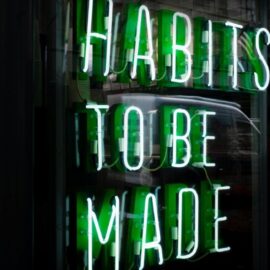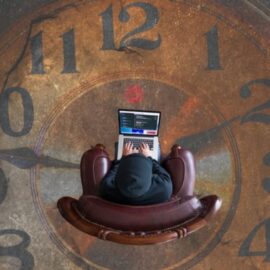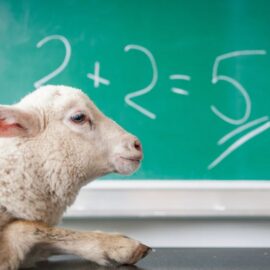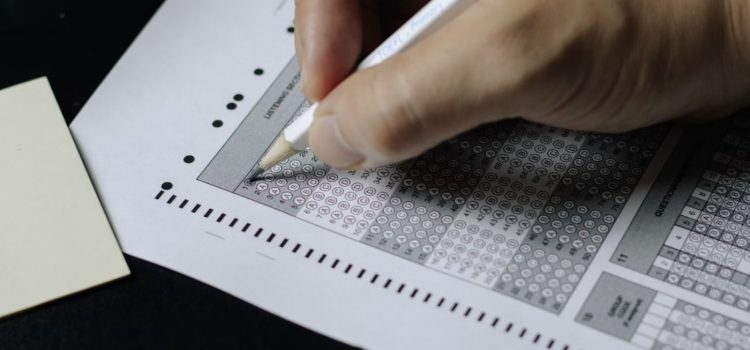
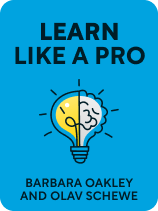
This article is an excerpt from the Shortform book guide to "Learn Like a Pro" by Barbara Oakley and Olav Schewe. Shortform has the world's best summaries and analyses of books you should be reading.
Like this article? Sign up for a free trial here.
Are you an excellent student except when it comes to exams? Is it hard for you to demonstrate what you’ve learned?
You can be an excellent learner but struggle when it comes to exam time. Tests are a unique, but indispensable, part of academics. To succeed as a student, you must perform well on tests. In Learn Like a Pro, education and learning experts Barbara Oakley and Olav Schewe share test-taking strategies.
Keep reading to learn how to do well on exams by following their recommendations for what to do before and during a test.
How to Do Well on Exams
No matter how well you know a subject, your test scores will likely suffer if you don’t know how to take a test effectively. The authors offer the following advice on how to do well on exams.
Before a test: Understand the test format, the types of questions that will be asked, and how the test will be evaluated. For example, are some questions weighted more than others? Discuss any unclear aspects of the test with your instructor, and talk to peers to gain insights they may have. Create a study plan with a schedule, necessary study materials, and the time you’ll devote to each topic. Having a plan can reduce stress and help you focus on studying.
(Shortform note: In addition to the authors’ recommendations to get to know the exam you’re about to take, some psychology experts suggest you review your past exams in the course to help you identify areas of strength and weakness. They also recommend that your scheduled study plan, as well as necessary materials and a checklist of topics, include routine breaks for meals, exercise, relaxation, and socializing. This is because routine helps you stick to commitments.)
During a test: Read the instructions carefully and, on timed tests, keep track of your progress. Try to answer all the questions, even if you’re unsure of the answer unless the test penalizes guessing. Use the challenge-first method: Start by scanning the questions, marking the hard ones, and working on them until you feel stuck. Then, move on to easier problems, and return to the challenging problems later. While working on the easier problems, your brain will work in diffuse mode to sort out the harder problems in the background. Be mindful of your time—don’t get fixated on difficult questions while neglecting easier ones that can also earn you points.
(Shortform note: Some education experts recommend the opposite of the challenge-first method—instead of starting with the difficult questions, answer all the easy questions first and then return to the hard ones later. They explain that the benefit of tackling the hard or easy questions first depends on whether you have a limited amount of time for the exam. If you have a time limit, it may benefit you to start with the easier questions first because it can help you build up your confidence and momentum, allowing you to move through the test more quickly.)

———End of Preview———
Like what you just read? Read the rest of the world's best book summary and analysis of Barbara Oakley and Olav Schewe's "Learn Like a Pro" at Shortform.
Here's what you'll find in our full Learn Like a Pro summary:
- Proven techniques for mastering new skills and knowledge quickly
- How to improve your memory, increase your focus, and manage your time
- Practical tips for how to excel in academic settings

